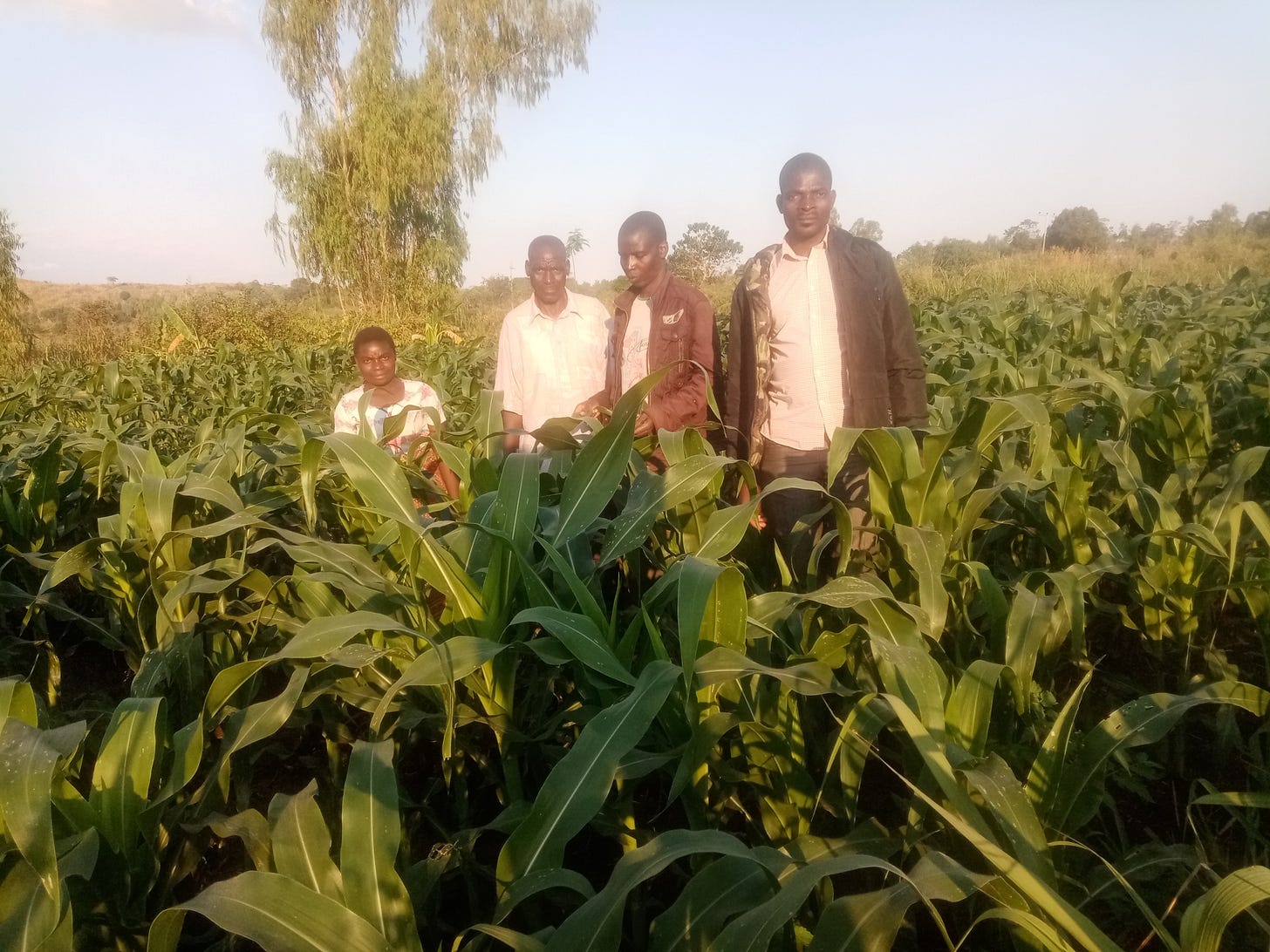Irrigation Scheme Boosts Food Security in Malawi
Irrigation scheme in T/A Ntchema boosts food security, self-sufficiency, writes Royal Kasiya.
Chiradzulu, Malawi — An irrigation scheme in the area of Traditional Authority Ntchema is transforming the agricultural landscape, ensuring food security and self-sufficiency in the region, writes Royal Kasiya.
The Namata irrigation scheme, initiated by World Vision, aims to address food shortages caused by climate change, benefiting over 50 families and contributing to the local economy.
Food insecurity has plagued many parts of Malawi, exacerbated by unpredictable weather patterns and limited access to farming resources.
In T/A Ntchema alone, approximately one-third of community members struggle to provide enough food for their families, posing significant health risks and economic challenges for the country.
“The scarcity of food is a tremendous issue that affects the well-being of communities and the entire nation,” stated Bayison Chidwala, chairperson of the Namata irrigation scheme.
“An estimated one-third of farmers in our community do not have sufficient food to sustain their families, impacting both their health and the country’s economy.”
By embracing irrigation farming, the scheme endeavours to achieve food self-sufficiency and security.
Utilising a portion of land along the Namiwawa River, the farmers cultivate various arable crops such as maize, onions, leaf vegetables, and tomatoes.
Through their efforts, they are not only able to feed their families but also generate surplus produce for sale.
The shift towards irrigation farming has become imperative due to changing rainfall patterns caused by climate change.
Since its establishment, the Namata Irrigation Scheme has successfully fed more than 50 families and yielded over 300 bags of maize per growing season.
Moreover, the scheme has empowered community members, helping them become self-reliant and alleviating economic challenges.
George Patwell, the owner of a local restaurant that receives vegetables from the scheme, expressed gratitude for the continuous supply of fresh and nutritious produce throughout the year.
“Access to irrigation-grown vegetables has been a boon to my business. It would have been impossible to have such a steady supply without irrigation,” remarked Patwell.
Margaret Chipatala, a scheme member, shared her personal experience, emphasising the positive impact it has had on her family’s well-being.
"The Namata irrigation scheme has been a lifesaver for my family. Previously, I struggled to provide enough food due to reliance on one harvest per year and insufficient rainfall. With the surplus from the scheme, I have been able to build a sturdy house, invest in livestock, and afford my children’s school fees,” said Chipatala.
Chidwala, the scheme’s chairperson, expressed gratitude for the overwhelming support received from local farmers and community members. He highlighted the heartwarming nature of their positive impact on the community.
Despite its accomplishments, the Namata Irrigation Scheme has faced challenges, including the need to cultivate large areas with various crops and the high cost of farm inputs.
To mitigate these obstacles, members contribute funds to purchase inputs and employ indigenous technologies to reduce expenses.
Another hurdle has been the lack of reliable markets to maximise profits. To tackle this, the scheme conducts market research before and after production.
Additionally, they engage in contract production, establishing agreements with buyers on minimum purchasing prices for commodities.
Looking ahead, the Namata Irrigation Scheme envisions expanding its operations and continuing to play a crucial role in ensuring food security.
The scheme is actively seeking funding to acquire a vehicle that will facilitate the transportation of farm produce to markets, enhancing their reach and impact.
With its dedication to sustainable agriculture and commitment to the community’s welfare, the Namata Irrigation Scheme serves as a beacon of hope in the pursuit of food security and self-sufficiency in Chiradzulu district.




Double cropping and permanent vegetables is possible with irrigation.